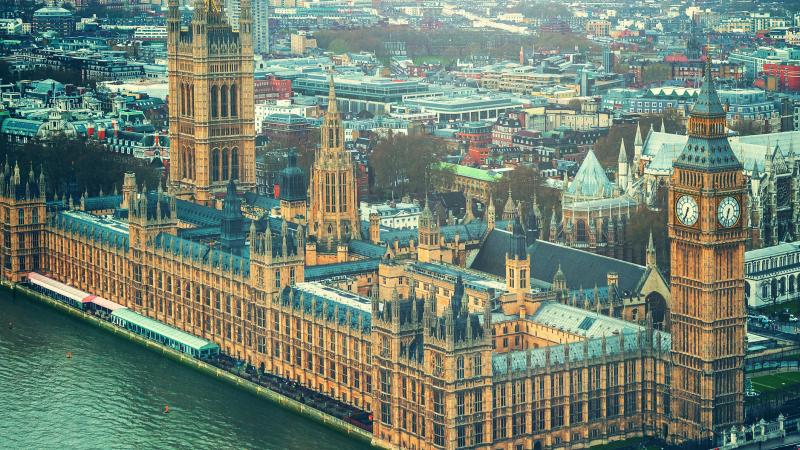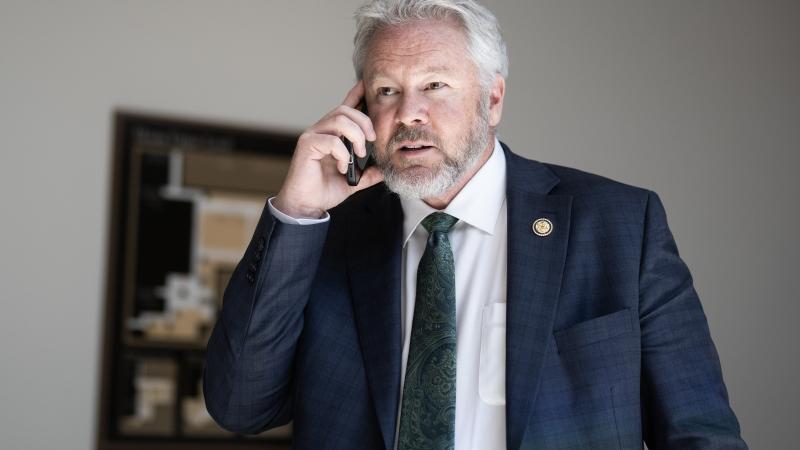Michigan drops mask, capacity restrictions after 15 months
Move comes 466 days of enacted widespread restrictions on Michiganders.
After 466 days of enacted widespread restrictions on Michiganders to slow the spread of COVID-19, most restrictions, including capacity restrictions and the mask mandate, ended Tuesday.
Gov. Gretchen Whitmer declared a state of emergency on March 10, 2020, when Michigan confirmed its first two known cases of COVID-19, and three days later, ordered K-12 schools closed and banned gatherings of 250 people or more.
Whitmer enacted the most severe restrictions in the 12 Midwest states and kept them the longest, as neighboring Indiana and Ohio reopened months before Michigan. Those far-reaching orders included threatening criminal charges for operating a motorboat, visiting a secondary home, and banning stores larger than 50,000 feet from selling gardening supplies.
The reopening announcement follows Michigan ranking dead last nationwide in COVID-19 economic recovery. Michigan was the only Midwest state with COVID-19 restrictions.
Whitmer’s ditched her “Vacc to Normal” plan that aimed to drop COVID-19 restrictions by July 1, which was preceded by a plan to keep restrictions until 70% of Michiganders 16 and older received their vaccine.
About 61% of Michiganders have received a first vaccine.
“Because the rates are so low right now, we’ve got an opportunity to drop a lot of these mandates that we have all had to abide by, so people can feel the freedom that comes with 61% of our population getting vaccinated,” Whitmer told CNN Tuesday. “When we get to 70%, we’ll all be much safer.”
Although many restrictions ended, Whitmer hasn’t yet ended the state of emergency, citing a need to protect vulnerable populations in corrections, long-term care, and agriculture.
Rep. Ben Frederick, R-Owosso, welcomed the economic reopening but pushed for Whitmer to end the state of emergency.
“Listening to the people in our community, I know everyone is more than ready for our lives to return to normal," Frederick said in a statement. "It is time for the governor to end the statewide emergency declaration and move away from one-size-fits-all orders to a place of true partnership as our local public health experts and communities take the lead on remaining mitigation needs.”
Although stores can open at full capacity, business owners told lawmakers last week they’re in “survival mode" because of rising prices, scarce labor, and supply chain struggles. Many blamed boosted $300/week federal unemployment benefits extended through September as a reason they can't find workers.
















